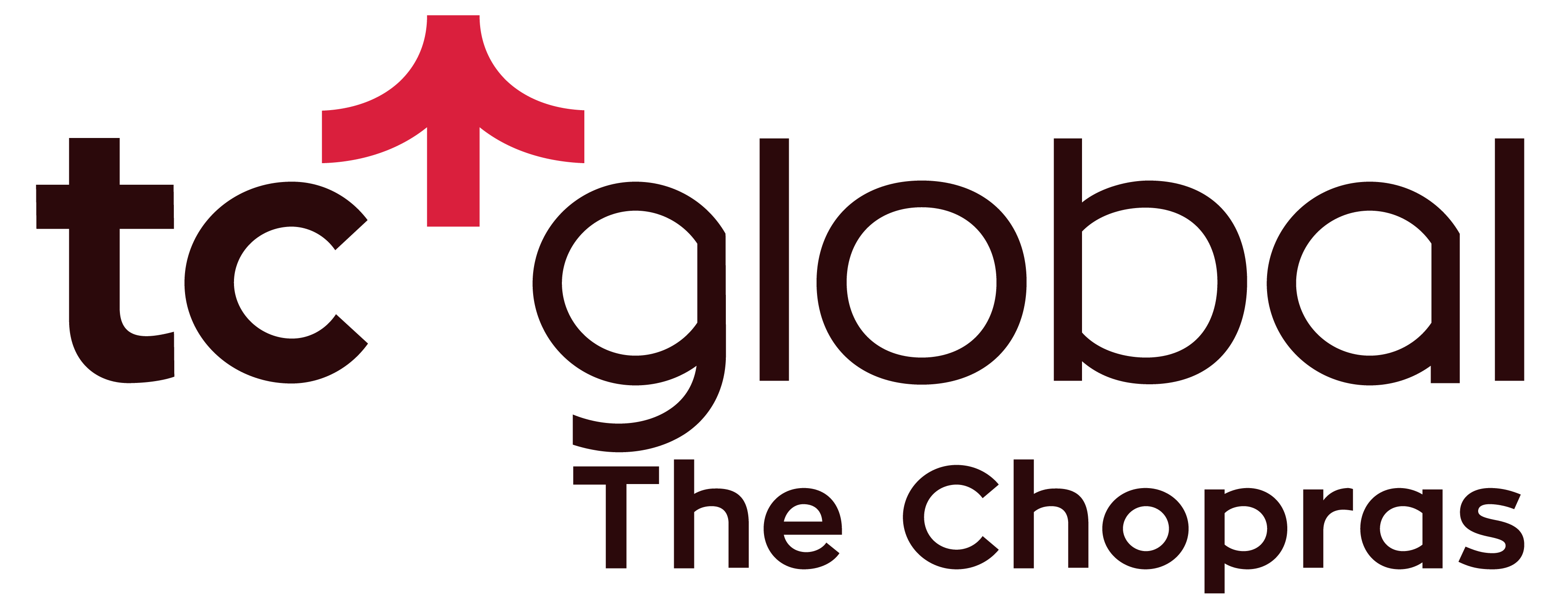Say the word Dubai and you think of a glittering city, high-rises, shopping and probably, gold. You don’t, chances are, associate the city with having a cultural heritage or being an educational hub. But, you should.
Dubai is fast emerging as a preferred study destination for international students. It really offers the ideal mix that students look for in an international study destination – be it choice of universities, a safe environment or an excellent quality of education, The city’s focus on education is evident from the fact that they have a special quality assurance and regulatory body, called ‘The Knowledge and Human Development Authority’ (KHDA), that oversees private education. KHDA works with education communities and international partners to promote positive education within all schools and universities in Dubai.
It’s little surprise then that Dubai (along with the country, United Arab Emirates), is a favored destinations for Indian students. As of 2017, there were no less than 13,370 students studying in the UAE. Dubai alone saw a 7% rise in its international student enrolments in 2018-19, with a 5% increase in Indian students enrolment alone. These are telling numbers and show that Dubai is an education hub that must be on the radar of students looking for a great international education.
Find out benefits of living and studying in Dubai.
Table of contents:
The city has five 5 public universities and 65 private colleges and universities, which are categorized as either a local university (founded and based in Dubai), or a branch campus (founded in another country with a campus in Dubai). Some of the well known names are – the American University in Dubai (601-650 rank in QS world university rankings 2020) , Zayed University (651-700 rank in QS world university rankings 2020), University of Dubai (51-60 rank in QS Arab region university rankings 2020) and Canadian University Dubai (41st in QS Arab region university rankings 2020), to name a few.
The unique thing about studying in Dubai is that its universities and colleges follow the education system of the UAE, but also cater to all the systems of the foreign universities which are present in the city. The student facility of Dubai International Academic City (DIAC) is also the world’s largest free-zone (special economic zones where business owners get the benefit of keeping 100% business ownerships and enjoy tax exemptions) dedicated to higher education with International Universities encouraged to locate themselves within the International Academic City. The DIAC provides more than 500 certificates, diploma, undergraduate, postgraduate and Ph.D. programs to over 27,500 students from more than 150 nationalities.
The country’s as well as Dubai’s strategy for developing a top-tier education system is rooted in the establishment of a strong quality assurance system. The Commission for Academic Accreditation (CAA) is the body responsible for licensure and accrediction of each academic program in the UAE. The persistent efforts of the commission to assure high-quality education that is consistent with the International standards is paying dividents with the country coming second in the Quality Assurance and Degree Recognition category for in the 2017 British Council analysis of International Higher education policies conducted across 38 countries.
Once you get an offer from a university in Dubai, you are required to find a sponsor for your student visa; a sponsor can be a parent, a relative or the university itself. Student visas for international students can also be secured by accredited Universities/colleges in the UAE, subject to a medical fitness test and approval by the General Directorate of Residency and Foreign Affairs.
Currently, student visas are issued only for one year. It can be renewed for a similar period (one year) upon official proof of continuation of a study, which is issued from the relevant higher education institute in the UAE where the student is admitted. The same process continues for the duration of the study.
The cost of living and study in the UAE is comparatively high. A minimum of $1000-2000 is required for food, accommodation, and transport, while tuition fees depend on the institutions and courses that may range from $8000-80000. The biggest let down is that students are not allowed to work part-time while studying.
The economy of UAE is a fast-growing economy with its Gross Domestic Product (GDP) on its course to surpass the $500 billion mark over the next few years, making it one of the mostexciting countries to seek job openings in the coming years. A country where immigrants make up 88.52% of the total population, the UAE provides excellent work visas opportunities for migrant workers and post-study work visa for deserving international students.
A new long-term student visa policy was adopted on 24th November 2018 by the UAE government that allows exceptional students to apply for a 5-year visa, which can be extended to 10 years. This change in visa rule is successful in attracting prospective students and became an important determining factor for students who dream about working in the city after they complete their studies.
“Dubai is a popular education destination for international students, and extended visas will further enhance our position as a hub for higher education. We are expecting a significant growth in the number of students coming to study in UAE and this decision will not just benefit the UAE economy but also enable greater opportunities for higher education institutions and students,” said Dr. Warren Fox, Chief of Higher Education at Knowledge and Human Development Authority (KHDA), in 2018, summing up the move that has propelled the upward trajectory of interest in Dubai as a study as well as a residential destination for students.
Also find out more about:













